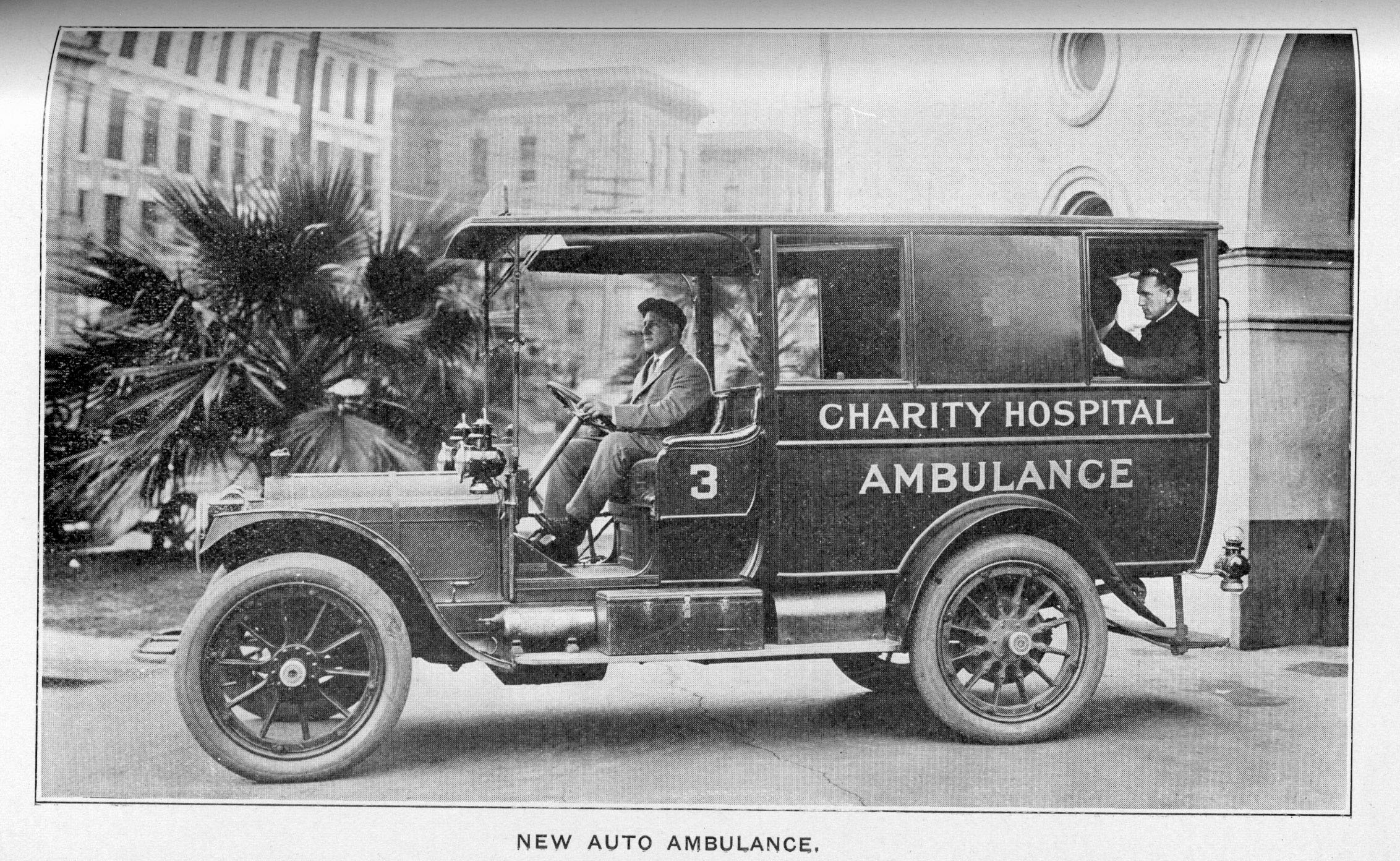Internal Medicine Residency
A program built by its residents
Tulane Internal Medicine is a place for those who want to make a difference: right here, right now.
We thrive on the simple truth that responsibility is a fixture. From making our own schedules to shaping the final match list, so much of our program is organized by our residents. We have shaped it this way because the people of New Orleans need it. Working to provide for the most disenfranchised among us, the hospitals we serve are not the front lines, but the last. Our residents work fervently for people struggling in a wonderful, vibrant, and resilient city.
If you're up for it, we would love for you to apply.
Learn About Our Residency
Tracks & Pathways
Curriculum
Community
Apply
Verification
After Residency
The Tulane Internal Medicine Residency Program offers a wide variety of specialized Tracks and Pathways designed to help residents shape their training toward their career goals. From research to global health to combined programs in pediatrics and psychiatry, these opportunities provide structure, mentorship, and distinction for residents who choose to pursue them. Each track or pathway emphasizes Tulane’s commitment to producing compassionate, skilled physicians who embrace both the science and the art of medicine.
The Tulane Internal Medicine Residency curriculum is designed to provide residents with a balanced and comprehensive training experience across inpatient, ambulatory, and subspecialty rotations. Inpatient training takes place across three hospitals, where residents gain a strong sense of ownership and independence in patient care through wards, MICU, night float, and night admitting rotations. These experiences immerse residents in diverse clinical environments, from academic medical centers to veteran-focused care.
As one of the largest NIH recipients in the South, Tulane offers residents abundant opportunities for impactful research, with strong support for conference presentations at the national level. Combined, these elements prepare Tulane residents to excel in fellowship training, academic medicine, or primary care, all while building the clinical, teaching, and research skills essential for successful careers in internal medicine.
Rotation Schedule
Here at Tulane we believe that it is our duty to care for patients equally regardless of race, religion, ethnicity, social status, or sexual orientation.
The majority of the New Orleans population faces significant hurdles when it comes to healthcare access. There is a 25.5-year difference in life expectancy between different zip codes in the city. The life expectancy in our hospitals’ zip code is 54.5 years. Our patients face significant roadblocks to care, and we make it our mission to address these barriers and their impact on our patients’ lives and health. By the numbers:
Population & Income
- 1,271,845 people live in the New Orleans–Metairie Metropolitan Area.
- The average household income is $54,388 annually.
Poverty & Inequality
- 16.9% of residents live in poverty.
- 24.6% of New Orleans residents live below the poverty line, compared to the national average of 11.8%.
- Poverty rates by race/ethnicity (2018):
- Black: 32.0%
- White: 10.3%
- Asian: 18.9%
- Hispanic: 16.8%
Healthcare Access
- 9.2% of Louisiana residents are uninsured, even after Medicaid expansion in 2016.
- The city faces major healthcare inequities—there is a 25.5-year life expectancy gap between different New Orleans zip codes.
- Average life expectancy in the zip code nearest downtown hospitals is 54.5 years.
Education
- 20% of Louisiana residents are illiterate (2018 data).
Ethnicity (New Orleans area)
- 58.6% Black
- 30.7% White
- 5.1% Hispanic
- 2.9% Asian
- 1.75% Multiracial
- 0.5% Other
- 0.13% American Indian & Alaskan Native
We only accept applications thorough the Electronic Residency Application Service (ERAS) and do not accept applications or supplemental materials that are mailed, emailed, or faxed to our office.
Our Requirements
- Applicants must complete the standard application in the ERAS and registration in the NRMP match.
- Applicants must be graduates from an AAMC-accredited or AOA-accredited medical school.
- USMLE Step Exams (MD applicants)
- Applicants must pass USMLE Step 1 by the time of your application.
- A passing USMLE Step 2 CK transcript must be posted in ERAS prior to the NRMP rank list submission deadline.
- There is no minimum board score for admission. We do not believe that a test score reflects the quality of a physician.
- COMLEX-USA Exams (DO applicants)
- Applicants must pass both COMLEX Level 1 and Level 2 for interview consideration.
- Three letters of recommendation are required.
- One letter must be the Department of Medicine Chair's letter (Categorical tracks only).
- One letter must be a clinical letter of recommendation.
All training verification and credentialing requests must be submitted electronically to Tulane's Office of Graduate Medical Education. Please note, Tulane's GME Office no longer accept requests via email, phone, or fax.
Instructions on submitting requests can be found at Credentialing Fees. Select “Other Credentialing” once you have read the instructions.
Year to year, about 30% of our graduates become Hospitalists, 10% become primary-care physicians, and 60% of our residents pursue fellowship training. Each year, our residents match to some of the best programs around the country. For the past 20 years, more than 97% of our residents seeking fellowship training were placed in a fellowship.

Deepa Bhatnagar, MD
Program Director
Welcome to Tulane Internal Medicine! I am so very excited to have this opportunity to connect with you. Whether you are an interested as an applicant or just interested in us, I promise you won’t be disappointed in what we have going on at Tulane Internal Medicine. Explore this site and see more about the amazing aspects to our residency program.



Tulane Internal Medicine Residency
Hours: Monday – Friday 8:00 a.m. – 4:00 p.m. (CST)
Phone: 504-988-7810
Email: IMrecruitment@tulane.edu



